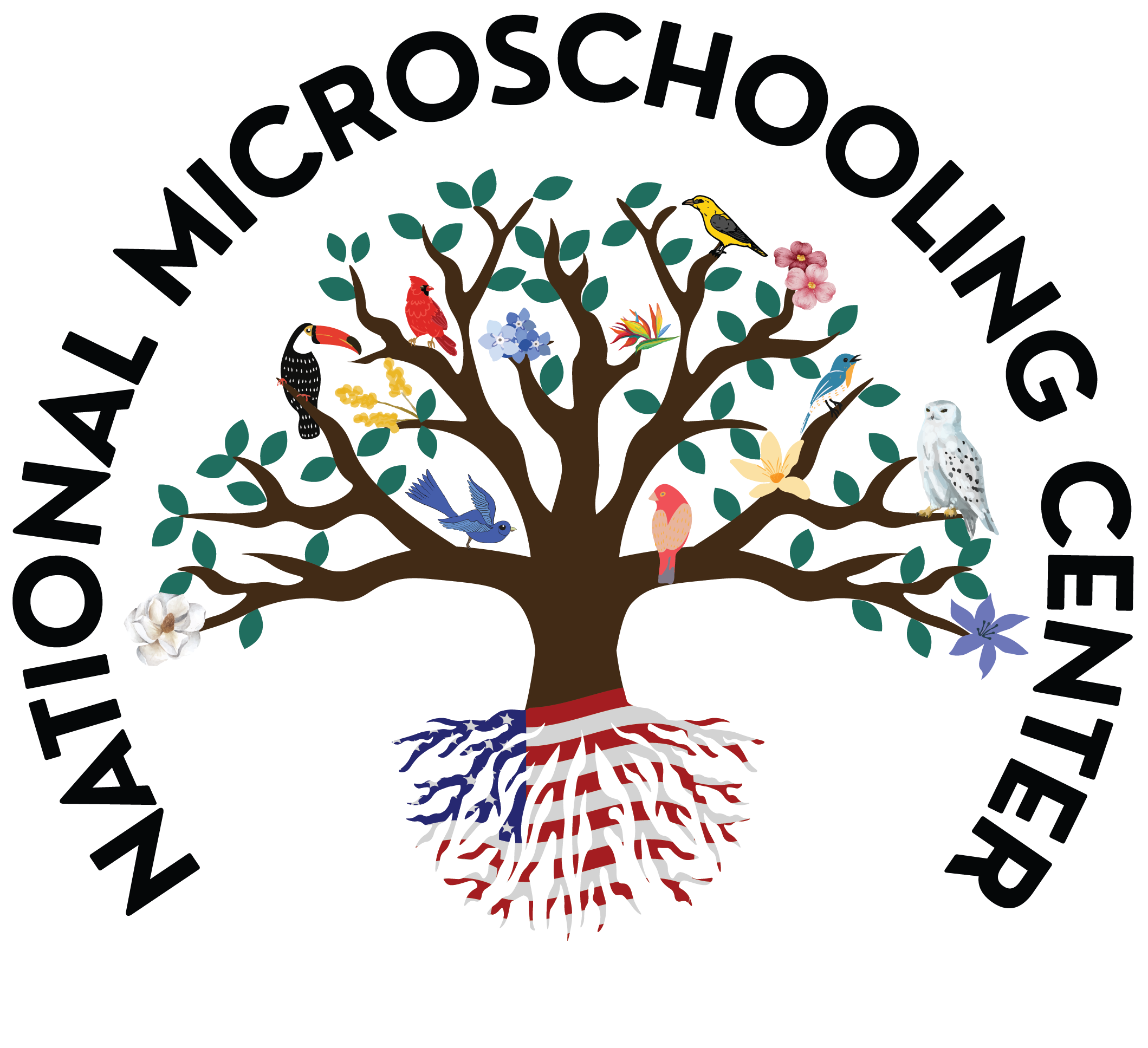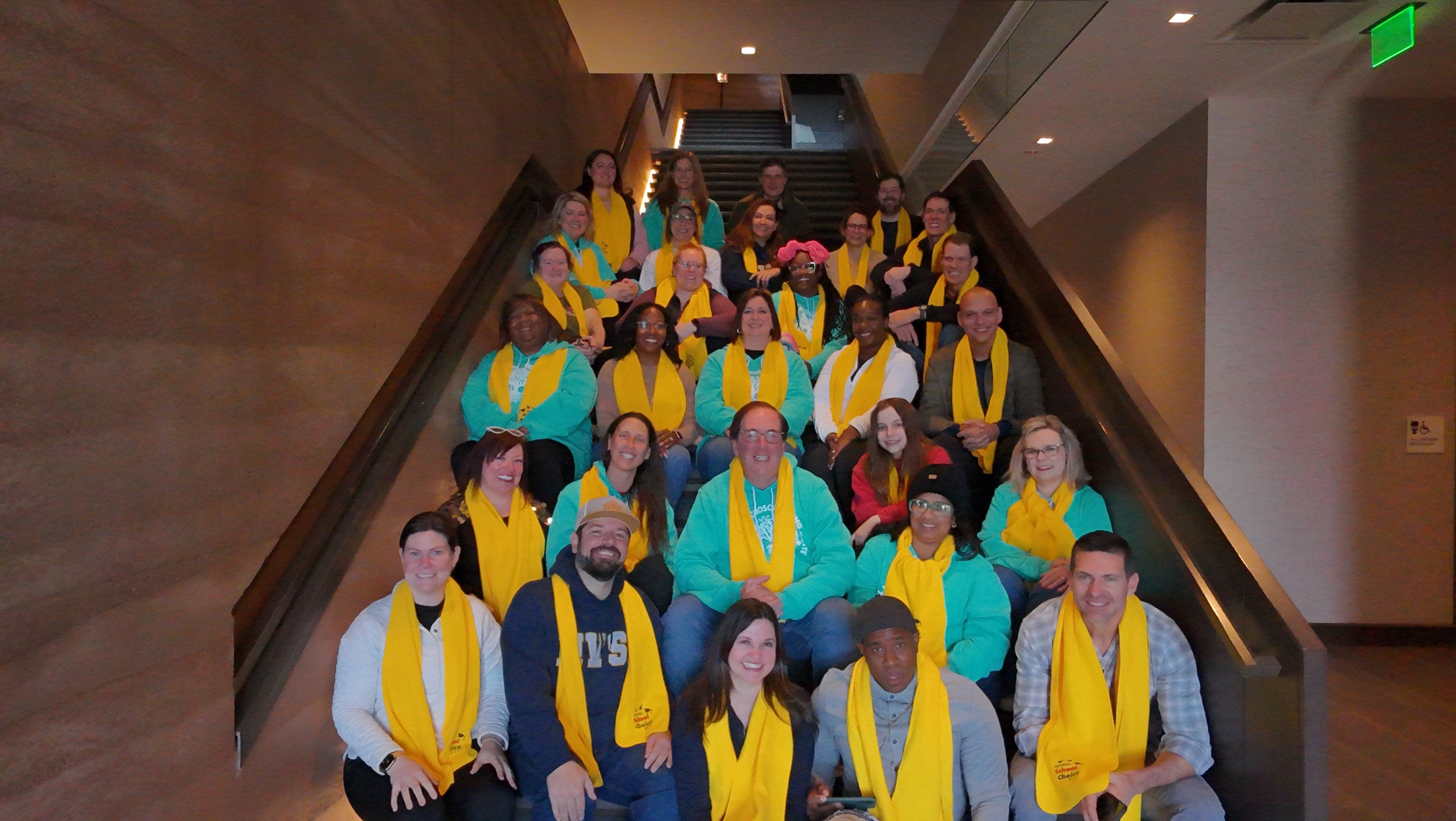2 min read
Using Volunteers in Your Microschool
Daniel Suhr and Don Soifer : Jul 10, 2024 4:23:26 PM
.jpg)
We have received numerous questions from founders about microschools’ use of volunteers, an area where there seems to be some confusion. To be certain, strategic use of volunteers can definitely be a good thing for microschools, though wise management is important.
Volunteer engagement is especially important when microschools are organized as learning centers serving families following their state’s homeschool requirements, such that including parents is integral. When parents of homeschooled students participate actively in the co-op their child belongs to, this is very much in the spirit of what cooperative homeschooling arrangements are all about. It is definitely a good thing for microschools to involve the parents of homeschooled children, and it helps protect the community’s identity as a homeschool co-op.
Further, it is quite common for microschools to rent space from houses of worship or other community-based nonprofits who have space available during the weekday. Sometimes these hosts can be active partners to the microschool, supporting their work in all sorts of healthy ways aligned with the missions of both. Schools should think through healthy volunteer management, including what roles are appropriate to volunteers’ levels of interest and expertise and as safety practices like orientation training and background checks. With proper guidance and supervision in place, adult or teen volunteers can enrich and assist in meaningful ways.
Some microschools require volunteer time from parents. If yours is one of these, you should consider putting this requirement in your parent handbook and making sure your policy is one you are able to apply evenly for all students. If you consider it part of the tuition families pay, you may also call it “school service” instead of “volunteering” to help make that clear.
This guidance from the Internal Revenue Service discussing “Volunteer Labor,” issued in June 2024, has prompted some questions, particularly for microschools that are organized as tax-deductible nonprofits. The guidance concerns new rules governing use of volunteers for revenue-generating functions, and how revenue earned by their work should be treated for tax purposes.
But the IRS publication is focused on “unrelated trade or business," applicable to more complex nonprofit practices where they generate revenue from organized charity events or book sales, not business practices common in most microschools. Proceeds earned from unrelated business activities must be reported on annual IRS tax returns and frequently have tax implications, so that if microschools are earning revenue from book sales or similar activities, they should discuss this with their accountant. But don’t expect this IRS guidance to affect whether or not you have parents or members of your community offering volunteering hours in your microschool.
If you have further questions about whether your microschool’s use of volunteers is tax compliant, reach out to an accountant or attorney. This blog post does not constitute legal advice or create an attorney-client relationship and is informational only.
.jpg)
IRS Form 1023 Nonprofit Application Worksheet
We love microschooling, and it makes all the hard work of building and running a microschool more fun. That said, some of the important tasks in...


.jpg)